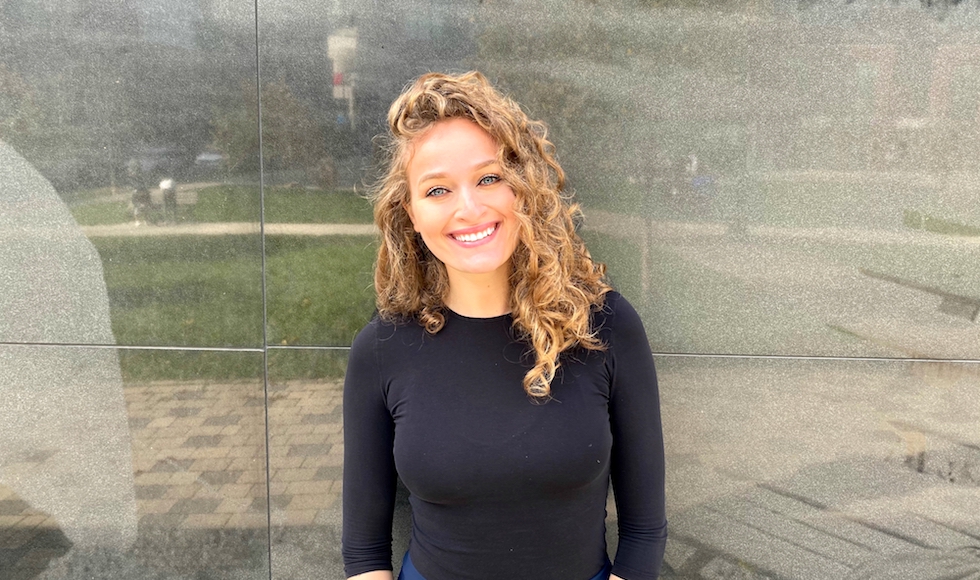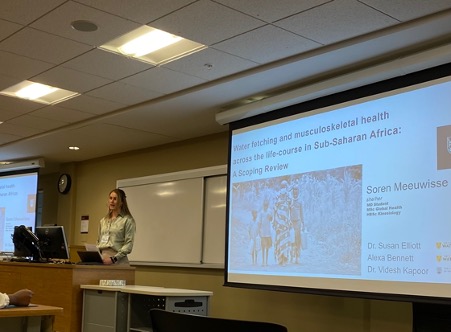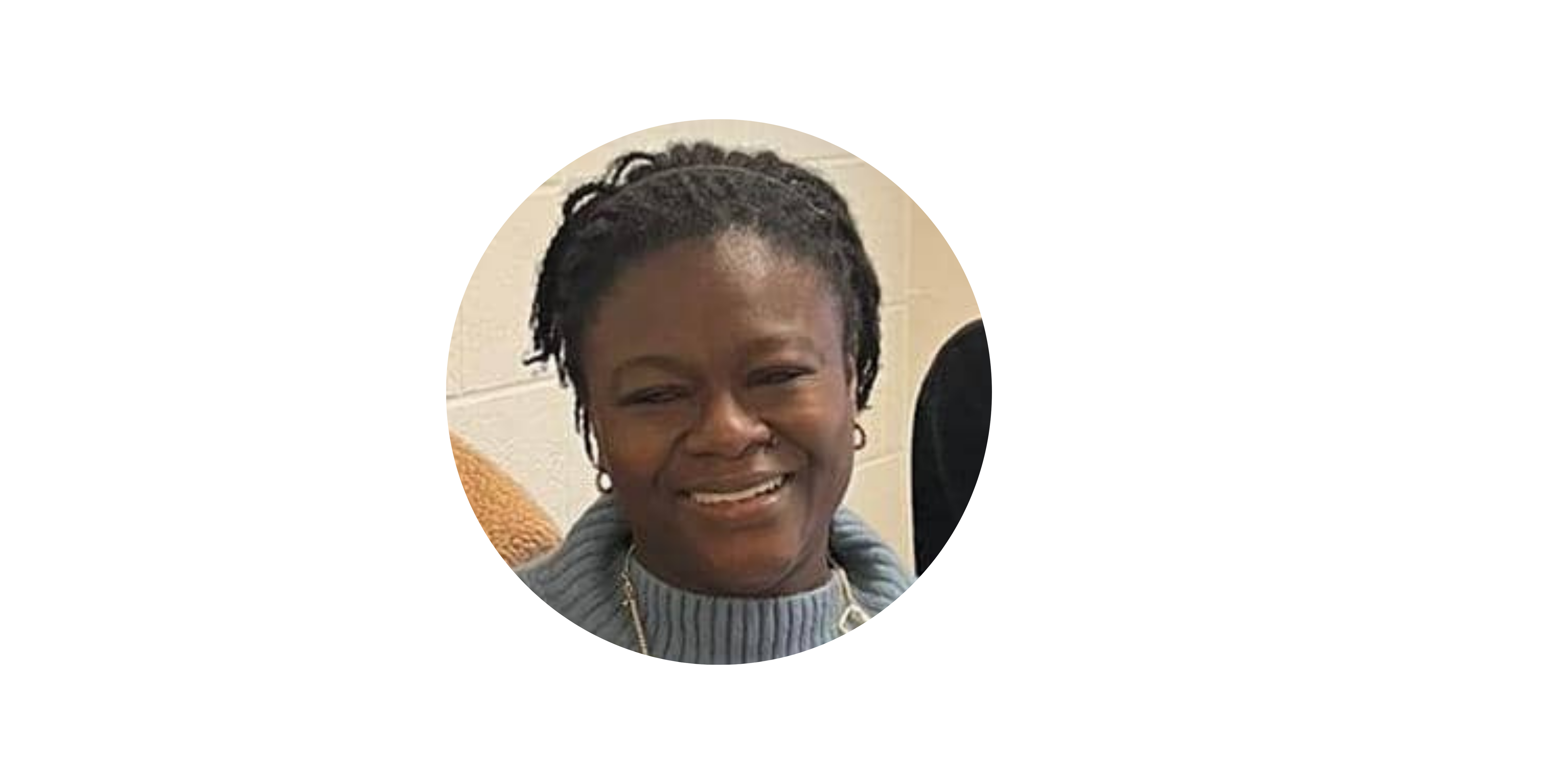Global health grad aims to make health care equitable for all bodies with conference on eating disorders

Early on in her life as a competitive ballroom dancer, Noa Lashevsky cultivated an artistic outlet for self-expression and communication. She also saw firsthand the negative impacts of body-shaming, disordered eating and the stigma around eating disorders. Today, the Global Health program graduate says she’s drawing on this personal experience, combined with the knowledge and skills gained in global health, “to revolutionize eating disorder recovery and make healthcare equitable and accessible for all bodies.”
Working with the non-profit organization Body Brave, Lashevsky has helped to organize Body Peace, a first-of-its-kind virtual conference on eating disorders and body image. The conference takes place November 18-20 and offers accredited training for healthcare professionals as well as practical, empowering education for caregivers and those living with eating disorders. And Lashevsky and her research team will present findings from a national study they’ve been leading to evaluate the impact of COVID-19 on adults with eating disorders.
“This has been a very personal journey,” Lashevsky says. “While the competitive dance world exposed me to toxic standards of beauty, it also instilled in me the resilience to unpack internalized core beliefs, the creativity to strategize solutions outside the box, and the compassion to truly listen to and advocate for those around me. This is what inspired me to join the Body Brave community.”
Body Brave is an international non-profit that supports those with eating disorders, educates the general public to break down stigma and raise awareness, and trains healthcare providers on early intervention and diagnosis. Lashevsky has been working with the organization as a lead researcher and advocate since completing her field placement with the global health program in summer 2019.
In addition to organizing the upcoming conference, Lashevsky’s role has involved developing a virtual training program for family physicians, chairing community meetings, and leading the COVID-19 study.
She credits the Global Health program with enabling her to focus on an area of global health that’s important to her.
“My experience in the program offered a critical lens for allyship with marginalized populations and sustainable development both on a local and global scale,” she says.
With the onset of the pandemic, Lashevsky said she adjusted her role at Body Brave, armed with the understanding that pandemics only further exacerbate existing health and social inequities. She’s using her global health research and advocacy experience in a study to evaluate the impact of the pandemic on adult individuals with eating disorders across Canada. The research team includes Cynthia Lokker (assistant professor in McMaster’s department of Health, Research Methods, Evidence), Jasmine Nanji (a current student in the Global Health program) and Saby Xavier (a recent graduate from McMaster’s Bachelor of Health Sciences program).
Lashevsky looks forward to using the Body Peace conference as a platform to present the study’s findings and discussing its implications in panel discussion.
Her overall mission with the conference is to help bridge the divide between scientific evidence and lived experience of people with eating disorders – with a goal to transform the accessibility of health care services. Last year, Body Peace welcomed 200 participants from four different continents.
Learn more about Body Peace and register
Follow @BodyPeaceConference on Instagram
Check out “Body Peace Conference 2020” on Facebook
Student and Alumni Profiles
Related News
News Listing

A Journey from Research to Advocacy: Global Health Alumna’s Impact on Health Equity
Student and Alumni Profiles
October 17, 2024

“My work does not only come from a place of intellectual curiosity, but also shared grief”: Dr. Zoha Salam’s Journey as the Second Global Health Doctoral Program Graduate
Global Health News, Student and Alumni Profiles
June 20, 2024

PhD Student Tackling Intimate Partner Violence in Resource-Constrained Settings Receives an IDRC Doctoral Research Award
Student and Alumni Profiles
February 28, 2024
